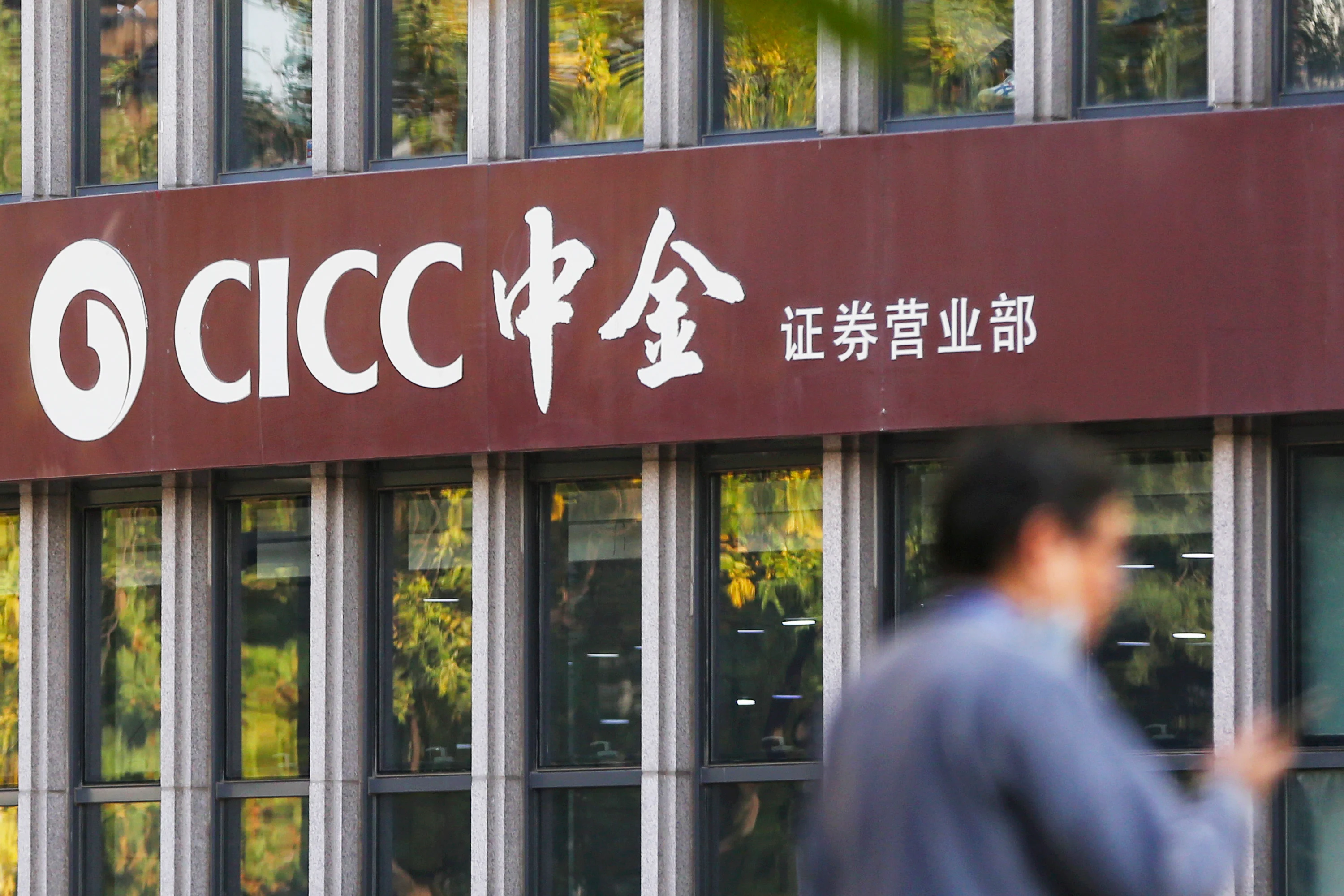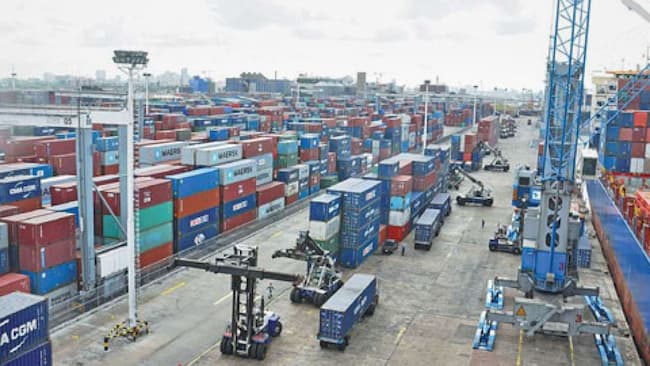Copyright scmp

Significant shifts in the global political and economic landscape are driving China International Capital Corp (CICC) to focus strategically on international growth, targeting the burgeoning markets of Southeast Asia and the Middle East. Chairman Chen Liang said the Chinese investment bank saw opportunities arising from Asia’s booming wealth-management sector and the disruptive potential of artificial intelligence, which were both expected to drive future business growth. As Chinese companies sought to explore new markets globally, CICC would leverage its extensive network to support their international strategies and facilitate the influx of international capital, Chen said in a written interview. “The unprecedented changes of this century are accelerating,” Chen said. “As a leading Chinese investment bank that has been deeply involved in the development of China’s capital markets for over three decades, CICC has consistently been at the forefront of this evolution.” Chen identified wealth management in Asia as a key growth area. “With the rapid growth of Asia’s high-net-worth population, the demand for family offices, cross-border tax planning, and wealth inheritance services is surging,” Chen said. “CICC Wealth Management is advancing its ‘Hong Kong+Singapore’ dual-core strategy, enhancing synergy and resource sharing between the two locations.” The bank had established a global family-office team in Hong Kong to offer entrepreneurs and ultra-high-net-worth clients comprehensive wealth solutions, Chen said. In Singapore, its wealth-management office planned to expand into derivative trading and virtual assets, serving high-net-worth clients across Southeast Asia and beyond. CICC was also deepening its wealth-management presence in the Greater Bay Area through the cross-boundary Wealth Management Connect 2.0 mechanism, effectively promoting cross-border asset allocation, he said. Wealthy families worldwide were using Hong Kong and Singapore as twin hubs to expand in Asia, preferring real estate and private direct investments for long-term growth, according to a report by Julius Baer released in October. The Swiss bank’s 2025 Family Barometer annual report – which tracked 2,500 family office experts in Europe, Asia, the Middle East and Latin America – said Hong Kong and Singapore were the natural choice for affluent families with regional ties or pan-Asian investments. Founded in 1995 and headquartered in Beijing, CICC was listed in Hong Kong a decade ago. It now operates more than 200 branches across mainland China, with additional offices in Hong Kong, Singapore, New York, London, San Francisco, Frankfurt and Tokyo. The firm provides comprehensive domestic, overseas and cross-border financial services spanning investment banking, equities, asset management, private equity, wealth management and research. To support its global push, Chen said CICC was embracing AI to transform its wealth-management value chain. “CICC aims to enhance its cross-border services by exploring intelligent strategy generation and automated advisory systems,” Chen said. “Future initiatives will strengthen the application of AI in asset allocation, risk management, and customer service, striving to create a personalised strategy for each client within our cross-border wealth-management platform.” Geographically, CICC is expanding in Southeast Asia and the Middle East, opening new offices in Vietnam and the United Arab Emirates to support regional energy transition, infrastructure financing and cross-border investment opportunities for both Chinese and local clients. In May, the bank opened a branch in the Dubai International Financial Centre (DIFC), marking a strategic entry into the Middle East’s premier financial hub, which also serves Africa and South Asia. It joins China’s “Big Five” state-owned banks – Industrial and Commercial Bank of China, China Construction Bank, Bank of China, Agricultural Bank of China and Bank of Communications – all of which have a presence in the DIFC. Chinese financial institutions collectively managed US$65.3 billion in assets there as of 2024, a 33 per cent increase over three years, according to the Dubai Financial Services Authority. CICC posted strong earnings in the first three quarters of this year, with profits attributable to shareholders jumping 130 per cent year on year to 6.57 billion yuan (US$907 million) for the nine months to September 30, driven by growth in brokerage, investment-banking and asset-management income. Looking ahead, Chen said CICC would continue to leverage private equity as a key investment tool. “Through a ‘fund of funds+direct investment’ approach, we will persistently position ourselves to capture development opportunities in the reshaping of the Asian financial landscape,” he said. He added that the bank would continue to use the fund of funds model to invest in key areas such as cutting-edge technology and green low-carbon initiatives to “fully cultivate new productive forces”. “In the future, CICC will rely on a well-established fund of funds system to connect Asian innovation resources with capital, helping to build a hub for technological innovation and entrepreneurship,” Chen said. Over 70 per cent of CICC’s directly invested projects already focus on technological innovation and dual-carbon initiatives, including artificial intelligence, commercial aerospace, new energy, new materials and quantum computing. “In the green transition, the bank will collaborate with major domestic and international financial institutions and industrial groups to conduct in-depth investments across the upstream and downstream of cutting-edge technology and green low-carbon sectors,” Chen said.



